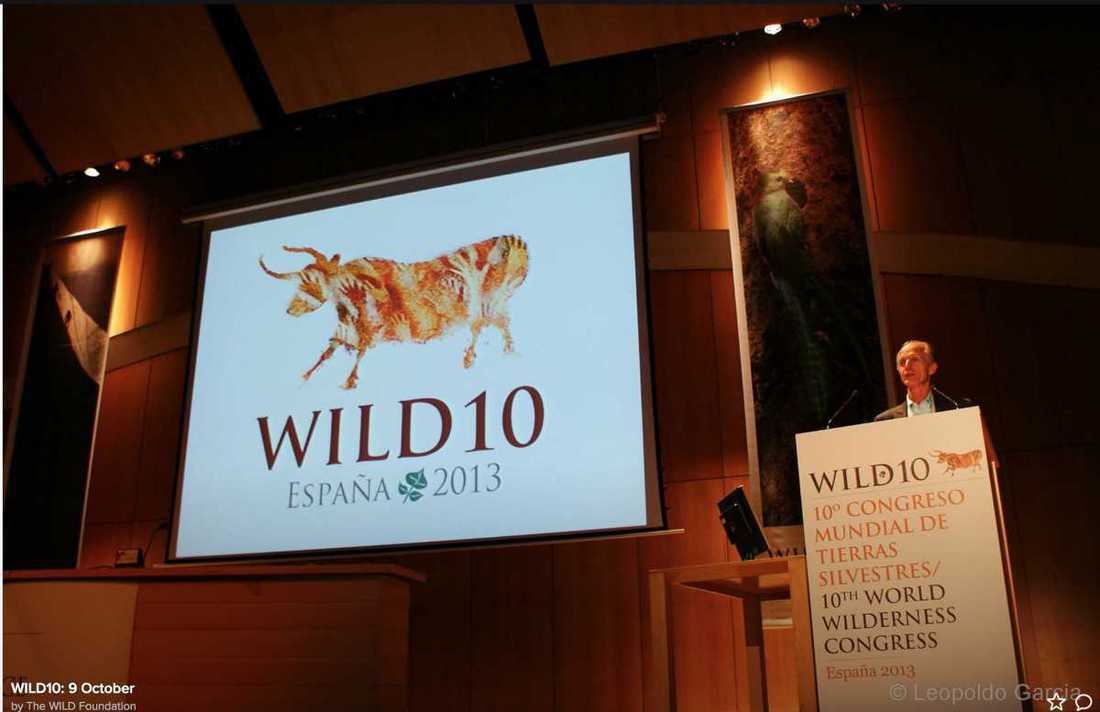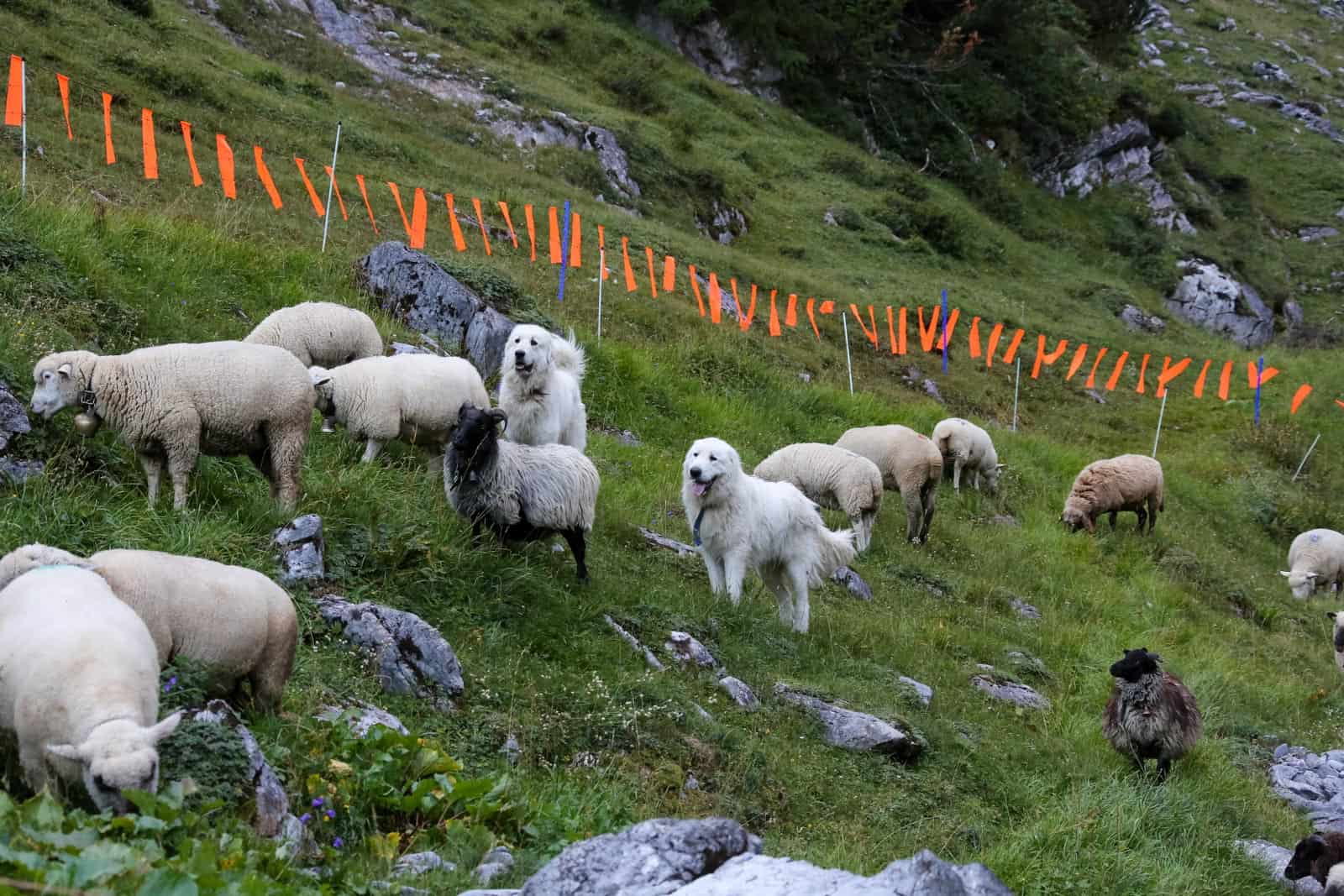European Wilderness Society: one of the few NGOs out in the field (1/3)
When people think about nature conservation and Wilderness, they think of undisturbed grasslands and large forests. There we find many different animals and human interference is low. Now, many non-governmental organisations dedicate themselves to nature conservation and want to protect and preserve these important areas. But did you ever notice that many NGOs have their main office located in a big city, not in the field?
Many NGOs are in larger cities, because it brings a lot of benefits, according to them. Whenever important meetings take place, the office is easily accessible. Also, the NGO is often able to reach many decision-making people within a 30-minute drive through the urban jungle. But are NGOs not losing their touch with nature, as they remain on their concrete island? Imagine the amount of money that NGOs are paying for the rent in the big cities. That could be invested in nature when the office is located in a less urbanised area.
Do you prefer an urban jungle over this in your backyard?
Is it the NGOs or their people?
Interestingly, when the European Wilderness Society published the vacancy for Programme Manager Europe over 40 applicants responded to the call. But when they were asked if they were willing to move to Tamsweg, most of the applicants declined. They preferred to work from the big cities like Vienna or Berlin. That may be an important reason why bigger NGOs tend to stay in the cities, as it is easier to find new employees who are willing to move there.
When working for nature conservation, don’t you want nature to surround you? People working for a nature conservation NGO should feel much more in place if they see nature around them, in my opinion. And other people that are invited to meetings will have to get out of their urban surroundings and experience nature, instead of only talking about it. So, the people need to change their intrinsic values, their way of seeing nature. If the people are willing to become closer to nature, while working for it, that would benefit the NGOs in many different ways.

To be continued…










We received a lot of positive feedback on this posting per Email and in personal discussions
Being part of a growing network of NGOs which share the same values and beliefs, we are very grateful that several NGOs are very active in the rural and protected areas with their own staff in the field. We would also like to highlight that our field work would not be possible without the challenging lobbying work that many other NGOs based in the capitals and thus closer to the decision makers provide to society. Just like in nature, the NGO Ecosystem has different NGOs together forming a functioning ecosystem in which every NGO plays a distinctive role. The nature conservation community is only as strong as this ecosystem works in a form of collaboration and cooperation. If we do not work together and if we do not support each other and if we do not focus our energy on the actions we are best in, there will be a lot of duplication of efforts causing inefficiencies reducing our impact to make this world more environmental sustainable and enable us humans to survive. Nature does not need our support, it will survive regardless what we humans do, but we need nature to survive and the NGO Ecosystem is a critical component in this challenge.